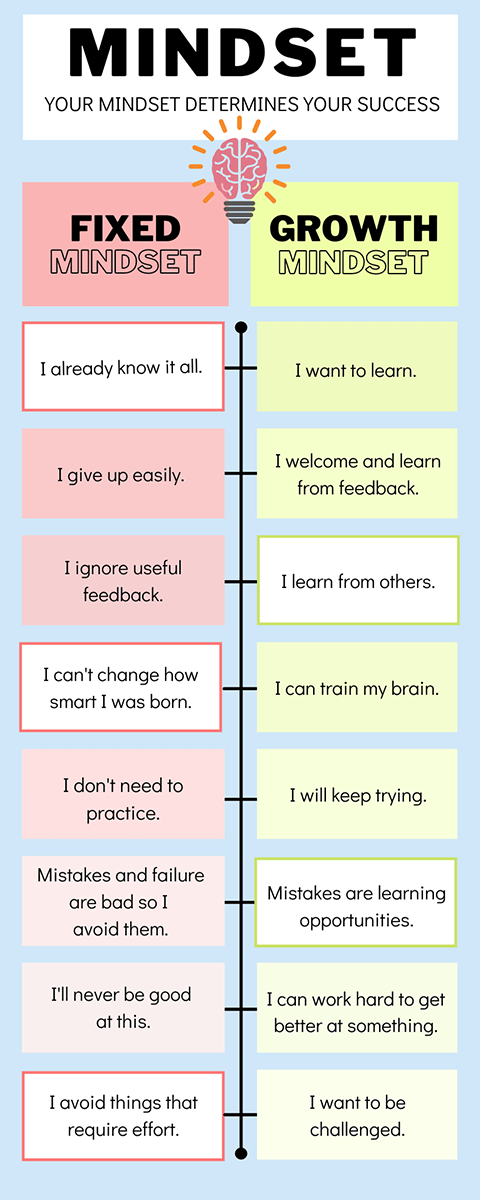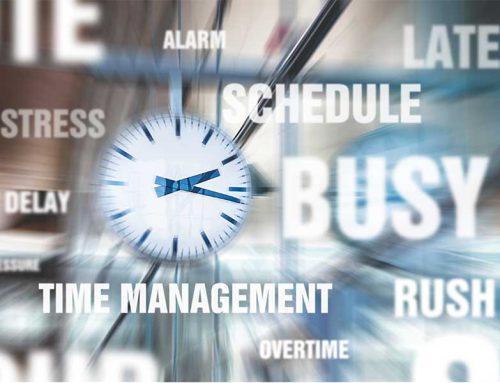The Bad, The Good and Positive Stress.
Stress is bad for you, right? It is ubiquitously nestled in the lives of people around us. It is visible as you watch commuters running to catch the nearly-departing train, the parents and carers attempting to corral their progeny on their journey to school. You can see it in the person, sat in reception, nervously awaiting their interview. Stress is all around us, lurking, waiting to ambush us when we least expect it.
What is stress?
Stress is the body’s response when it feels under pressure, threatened or overwhelmed. It can feel unpleasant, will affect our ability to be productive and can lead to other more serious problems.
When we encounter stress the part of our brain called the Amygdala sends out danger signals to the Hypothalamus, a small cone-shaped structure connected via a stalk to the pituitary gland. The Hypothalamus plays a crucial part in managing, amongst other things, our body temperature, appetite, emotions, sleep cycles, blood pressure and heart rate. Ultimately, when we are faced with stress we could have an increased pulse, our breathing may become erratic and we, more often than not, sweat profusely.
The Pre-frontal Cortex (where our executive functions: problem solving, reasoning and decision making, etc, reside) shuts down. It cannot determine what is causing the stress and eventually we fall into the Fight, Flight and Freeze response. We may react appropriately or unreasonably, run away from a situation or freeze in the moment, not knowing what to do.
Breathing to reduce the symptoms of stress.
Breathe. All you have to do is breathe! Easy to say but difficult to do at the time. When you are experiencing a stress response it can be challenging to think about using breathing exercises to calm the racing thoughts.
Hand breathing is a simple, yet effective, method of calming the breath and allowing oxygen to move back towards the frontal lobe, so the executive functions can work more productively and help you move into a more relaxed state. A deep breath in through the nose and, using the forefinger of the opposite hand, trace up the side of the thumb. When the forefinger reaches the top and moves down, breathe out slowly through the mouth. Repeat the process until you reach the little finger and, if needed, start the process again.
The 5-4-3-2-1 Grounding Technique is another useful intervention which can be adapted to support you during moments of stress.
Stop to look around you and note five things you can see. You could write these down, which will again divert your focus from the stress around you. Then, find four things you can touch, three things you can hear, two things you can smell and one thing you can taste.
DeStress Monday is a project designed to combat the Monday blues. It works by helping people start the day with a positive mindset which, it is hoped, will help them better manage their stress. They are proponents of the above grounding technique and offer a weekly email with stress-busting ideas.
Some stress is good for you!
Eustress, sometimes referred to as positive stress, can assist us in a myriad of ways. We may experience eustress if we have a deadline to meet. It may motivate us into action and improve performance. It usually only lasts for a short time and can, for some, feel exhilarating!
In 1974 Vienna-born Endocrinologist, Hans Selye, first coined the phrase ‘eustress’ almost two decades after he had published his book, The Stress of Life. He established the difference between ‘eustress’ and ‘distress’. ‘Eu’ deriving from the Greek prefix (which means good). So, in effect he was clarifying that we have good stress and bad stress.
How can you stimulate eustress?
New experiences pave the way for an influx of eustress. Stimulating our dopamine (the reward transmitter) which ignites serotonin (the happy hormone).
Fight your inner hermit and socialise more. Drop by on a new neighbour, eat lunch with a colleague or join a club. Discover who, in your workplace, enjoys the same hobbies and interests as you. The Red Cross utilises the C.A.L.M.E.R. technique to support stress and anxiety post-Covid.
Learning something new not only keeps your brain active; it might also encourage you to take part in activities you had not dared to think of previously. With the Workers’ Educational Association (WEA) and their learning centres throughout the UK you can enhance the skills you already have and build new friendships – both online and face to face.
Experience the unknown and take part in activities outside your comfort zone. Walking for Health is England’s largest network of health walks, with over 360 active walking schemes. You can locate walks in your area, which you can enjoy on your own or take part in organised walks. There’s something for everyone.
It’s all about the mindset.
Stress, as we know, can be debilitating, paralysing and destructive, but it can also motivate us into action. Positive stress can help us improve our bounce-back-ability and resilience. How we harness that positive stress and use it ultimately to benefit us is the challenge and can be linked to our mindset.
A positive growth mindset will encourage us to seize the day and learn from our experiences. It will help us focus on constructive feedback, learn from mistakes and enjoy being faced with challenges.
A fixed mindset will not be open to any of the above and could fan the flames of stress.
The good news is that your brain can be trained. It’s called Neuroplasticity. According to Dr Celeste Campbell, Neuropsychologist at the Washington DC Veterans Administration Medical Center, neuroplasticity:
“…refers to the physiological changes in the brain that happen as the result of our interactions with our environment. From the time the brain begins to develop in utero until the day we die, the connections among the cells in our brains reorganize in response to our changing needs. This dynamic process allows us to learn from and adapt to different experiences.”
By adapting the mindset, it is possible to change the neurons in the brain to help reduce the effects of stress. Give yourself permission to allow some positive stress into your life. Reflect on how you previously managed stressful situations and what you could have done to manage it differently. Stress can be the dark and cunning enemy, but it can, if managed well, also be a positive addition to your daily life.









Leave A Comment